Preventing violence
Through the development and use of the Child Protection Policy, CONCORDIA stipulates that all forms of violence against children are rejected. The protection of children and young people from any kind of neglect, harm or abuse is at the heart of all our activities. Therefore, CONCORDIA carries out numerous projects that specifically address the issue of child protection, always referring to internationally established standards such as the EU Strategy on the Rights of the Child, the European Child Guarantee and the UN Convention on the Rights of the Child. Our staff members are continuously trained on the topic and receive supervision.
This promotes exchange and mutual learning in dealing with difficult situations in child and youth care.
Cross-national and cross-organisational exchange and training on child protection issues
With the generous support of our partners, CONCORDIA is currently running five projects in Bulgaria, Romania and the Republic of Moldova that focus specifically on child protection.
Our primary goal is to ensure that cases of violence and abuse do not occur in the first place. In order to achieve our goal in a sustainable way, we work not only with the children but also with their immediate environment - family, friends, school, neighbourhood. We treat parents with respect and support them in strengthening the parent-child relationship.
Where we have to identify abuse, disregard for children's rights and the best interests of the child, we are obliged under our child protection policy to report this to the authorities and ensure the protection of those affected. We rely on a range of preventive measures to break down structures that promote violence and to raise awareness of abusive behaviour in dealing with children.
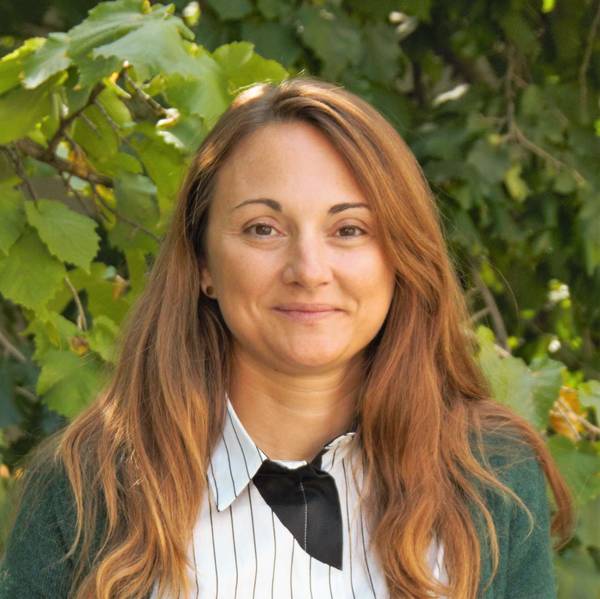
Child Protection Officer CONCORDIA International, Martina Raytchinova
2021 UNICEF Bulgaria published a detailed report on child abuse. This is the first comprehensive study of its kind for Bulgaria, as it includes the collection of data on all forms of violence against children in different settings, as well as a thorough assessment of the capacity of the relevant services to combat this phenomenon. The results are shocking: Every second child (47%) up to the age of 18 has experienced some form of violence.
The same situation is experienced by children in Romania. Emotional abuse is the most common form (45.9%), followed by physical abuse (31.2%), sexual abuse (15.6%) and neglect (10.5%). Violence among children occurs most frequently at school (38.3%), followed by violence in the community (37.6%) and at home (30.9%). One in three children (34.8%) reported feeling unsafe at home, at school or in the community. (see Childhub report)
In Moldova, reliable access to information remains very limited. Various studies show that physical education and violence are still very common. In 2019, 11 000 incidents of abuse or violence against children were reported: 1400 cases of child abuse were registered with the police, including more than 300 cases of sexual abuse. (Source here)
In Kosovo, the situation is no better - 17% of children aged 5-17 are affected by child labour, for Roma, Ashkali and Egyptian children - 22%. 61% of children aged 1 to 14 have experienced at least one form of psychological or physical punishment by household members.(Source here).
Even in Austria, more than 10 000 underage victims of violence and abuse are cared for every year, although a legal ban on violence in education has been in place for 30 years. (More on violence against children in Austria)
Corona has led to an increase in domestic violence. It is even more difficult for children and young people to turn to confidants outside the family during the pandemic and the associated lockdown.


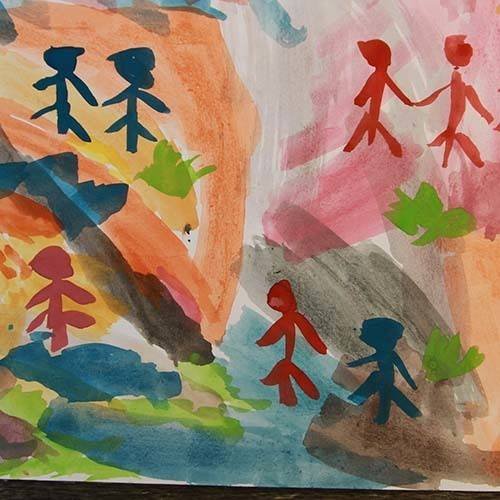
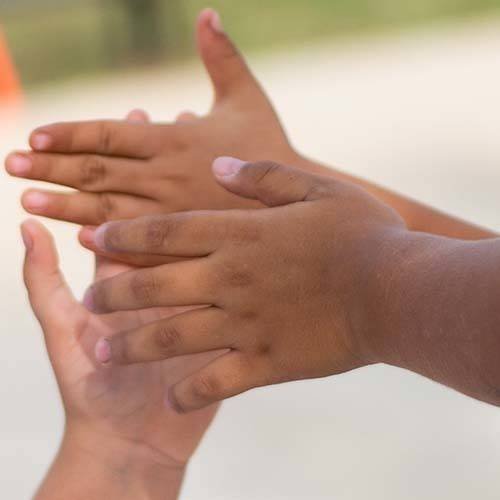
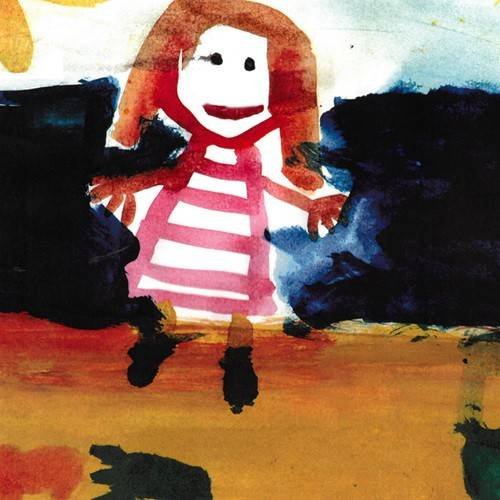
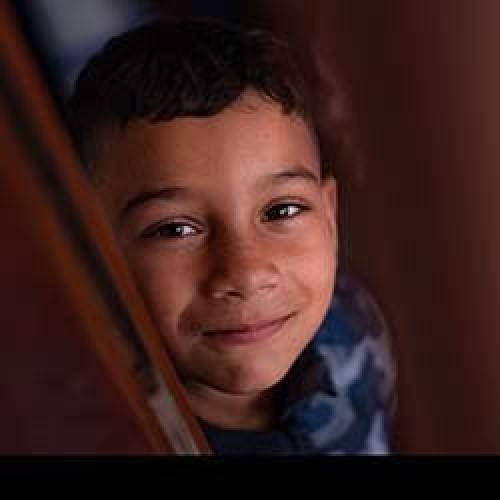
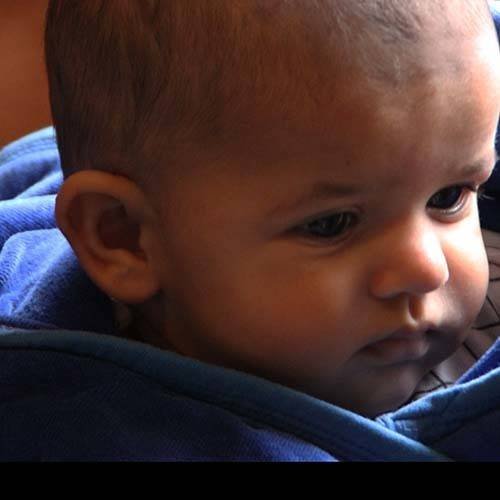
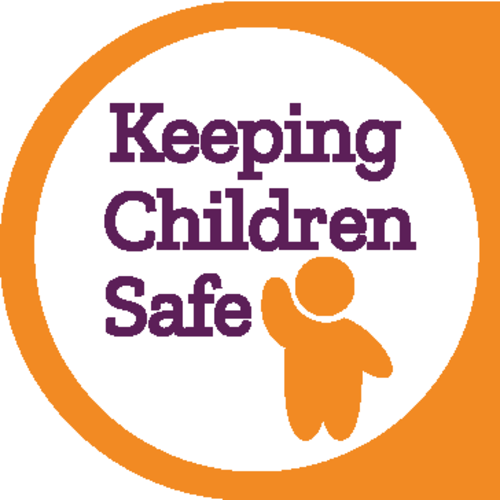
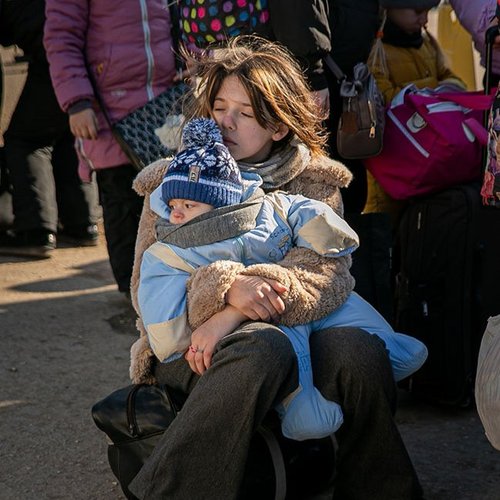
![[Translate to English:] Martina Raytchinova - CONCORDIA Sozialprojekte](https://www.concordia-sozialprojekte.ch/fileadmin/_processed_/2/3/csm_Martina_Raytchinova_a3ef3d441f.jpg)